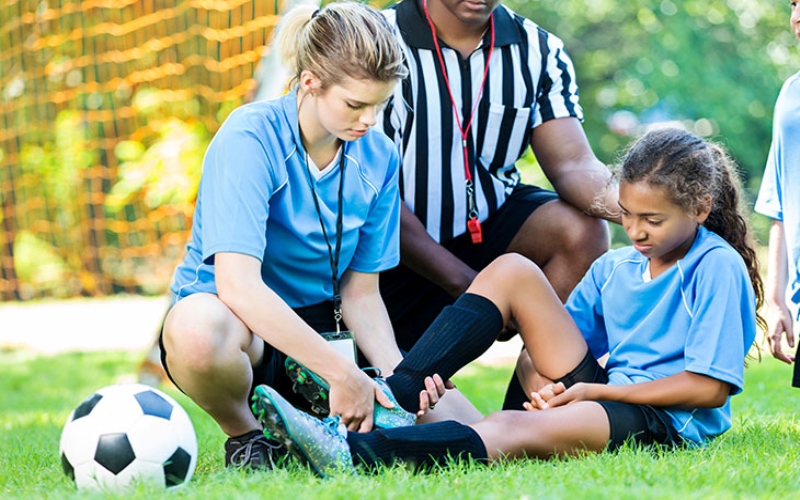There is always a risk of physical injury for anyone playing sports, whether they do so at a professional, amateur, or hobby level, and young players are no less vulnerable. Some injuries may be minor, while others can be more serious, and require many days, weeks, or even months to recover from, along with extensive treatment and physical therapy.
While getting a quote for sports insurance can help young people and their parents better cope with the consequences of a sporting injury, there is often less of a solution (or consideration given) for the mental and emotional impact of such injuries, particularly on younger players who don’t possess the same coping strategies as older players, and who haven’t had as much life experience. For them, the impact of a sports injury can be devastating and overwhelming.
How can a sports injury affect a young player mentally?
Research has shown that a sports injury can cause intense psychological distress to a young person, and serve to demotivate them, while also negatively impacting their treatment journey, recovery, and subsequent performance; in some instances, an injury can even change a young sportsperson’s career path.
With this in mind, it’s clear that addressing the mental health needs of an injured young sportsperson, as well as their physiological needs, is important.
What is the most common impact on the mental health of young sports players?
Many young, injured sports people, have remarked on the feelings of isolation and loneliness they experienced when they were forced to take a step back from a sport while recovering. Unable to participate in a sport they love, and spend valuable time with their teammates, they often felt left out and no longer a part of the thing they so enjoyed.
However, while a sports injury may not be so easy to prevent, there are things you can do as a young person to help your mental health if you find yourself struggling with feelings of loneliness following an injury:
- Try to keep in touch with your fellow team players
- If attending practice sessions is possible, even just to watch, this can help you feel as if you’re still participating, and not missing out on valuable training
- Discuss your feelings with trusted friends and family members; remember that nobody can help you if they don’t know you’re suffering
- When possible, begin with small exercises to help you recover physically and mentally
- Take up a hobby that will challenge you in a different way while you rehabilitate, and which may even help you as an athlete
- Try and gain experience in other areas than sport, so that you can explore these should you wish to in the future
Injuries are often inevitable for sports people young and old, but the feelings of isolation it can evoke, are often felt more keenly by younger players. However, with sports injury insurance to help protect them from the financial and physical repercussions of sports injuries, and by following the tips listed above, young people can recover successfully, and conquer their feelings of loneliness and isolation.

